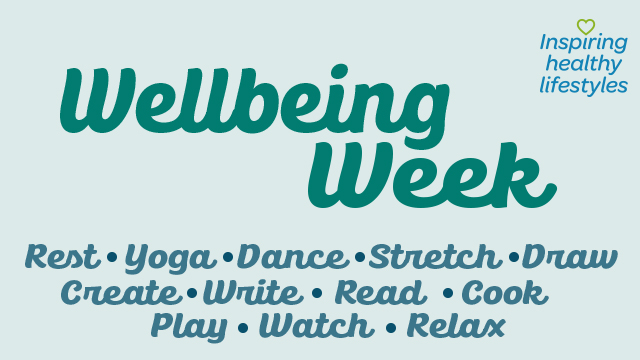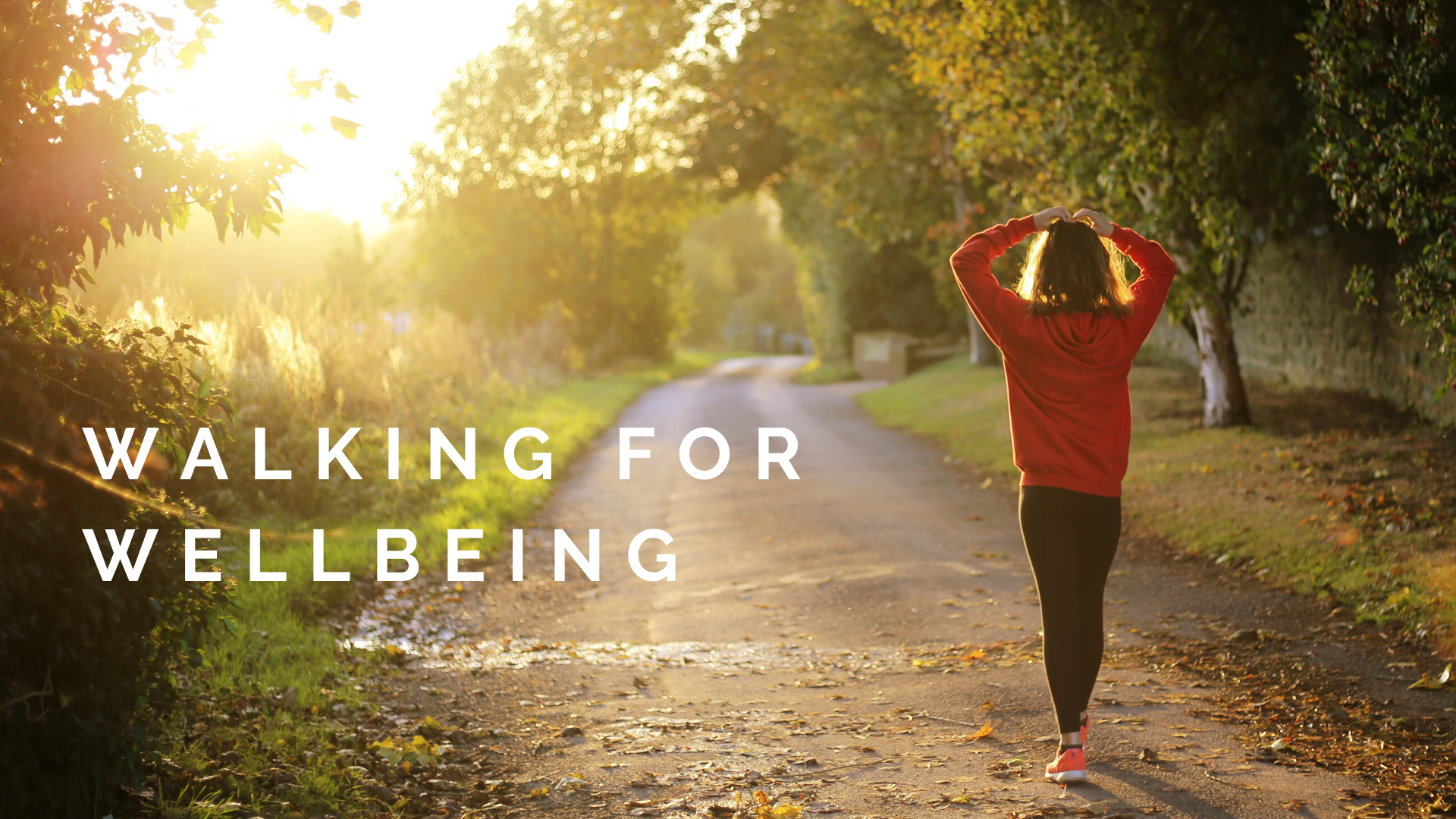I was sat at home, collecting my thoughts.
Days earlier, I had decided that returning to exercise would improve my low self-esteem, so a thirty-minute jog was scheduled for that Monday evening.
I was adamant there should be no excuses, however as the time arrived, my motivation had dwindled. I was exhausted by rumination and distress which had been caused by a deteriorated relationship with a friend, and the processes of the day, along with an ever-growing build-up of jobs on my task-list, were contributing to my low mood.
I needed to shake it all off and focus on finding the motivation to exit my house. Still, I sighed:
“Do I even want to go for a run? I really should! It will help relieve some stress, but I’m probably just going to look stupid and people might laugh. Plus, I might injure my knees again”.
I was suffering, trying to escape the horrible emotions and thoughts. My heart pounded and my head eventually caved. I gave up on the idea of running that evening and deiced I’d have an early night and run the next morning. A sense of relief took over.
The next morning as I headed to work, I passed a guy jogging down the main road. He looked twenty years older than me and carried more weight. I dropped a gear and accelerated past.
“I should have gone for that run!”, I felt shame, and I labeled myself a failure.
Following hard work to increase my self-awareness, I discovered the benefits of knowing and aligning my personal values.
I learned through this, that my health is very important to me. I developed an awareness of the natural relationship between negative feelings and my own values, and how it’s inevitable and normal to experience feelings of negative emotion whenever I attempt to achieve an important goal.
Motivation to improve my health and general wellbeing has always existed, however, I couldn’t handle any negative feelings that sometimes come with that and would usually seek to replace them with positive ones, even if this meant avoiding exercise or choosing unhealthier options to feel ‘emotionally safe’.
Understanding this now allows me to manage negative emotions and thoughts which previously stifled my motivation, providing the freedom to work towards my health, and other values.
I’m sat at home, upbeat this time. A Monday evening jog is my preference:
“I’d ‘prefer’ to go for this run, but it’s absolutely fine if I feel overwhelmed and don’t manage it”.
These days, I use the terms ‘prefer’ and ‘prefer not’ to replace ‘should’ and ‘should not’ as I find the former allows for failure and is less critical and harming than the latter.
If I don’t exercise today, I’ll find an alternative, easier-to-achieve method of keeping control over my health. For example, my target will be to drink X amount of water, make a healthy meal, or do a stretching routine instead. With this attitude, I’m practicing self-compassion.
Small explosions of negative emotion and anxiety still build up inside. This is natural.
I make sure I don’t attach language or labels to those feelings, and I allow them to be present. Although they’re awful, I can appreciate these feelings now as they indicate that my body and mind are working to protect me from ‘danger’ – feelings of failure to obtain something valuable and important to me – in this case, improved health.
I reassure myself that I can cope with any undesirable issues that may cross my path, as I’ve proven many times in the past.
I begin to take relaxing, deep breaths, spending time to take in the room, and focus on the furniture and walls. I try to identify any sounds or distinctive smells (from external sources) at the moment. I wiggle my fingers and toes and press down on the floor. This brings me back into the present.
My motivation and determination have been retained. I acknowledge that I’m managing myself well, and proceed to leave the house.
– Danny Hacking



